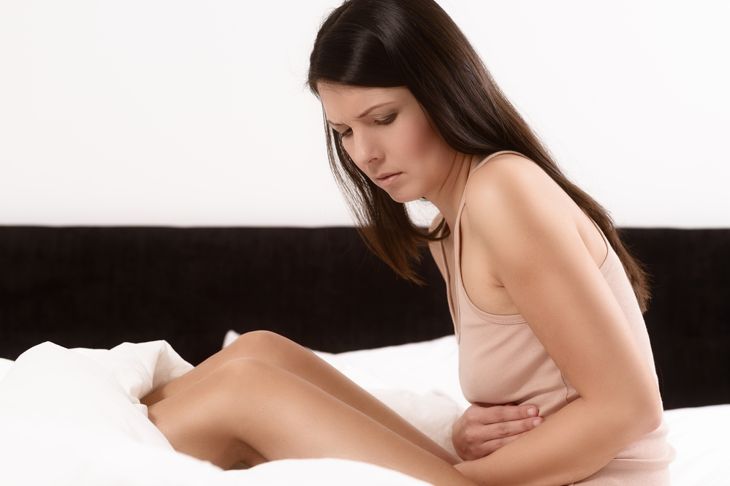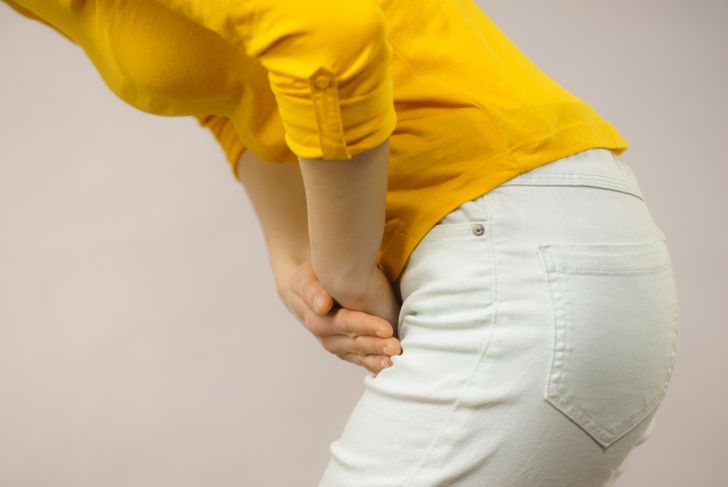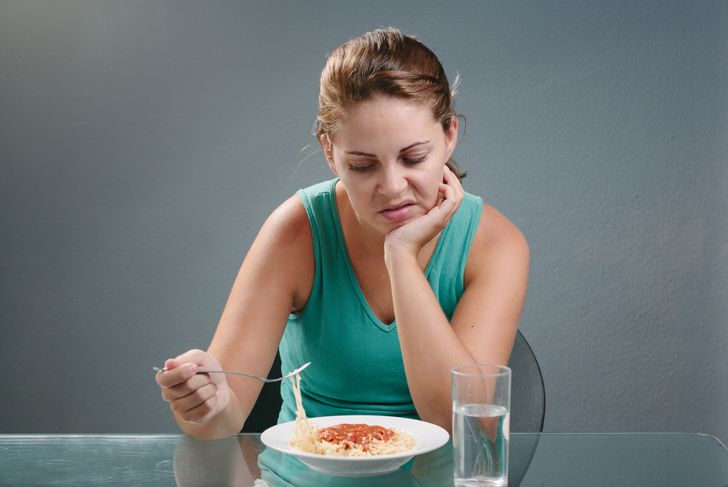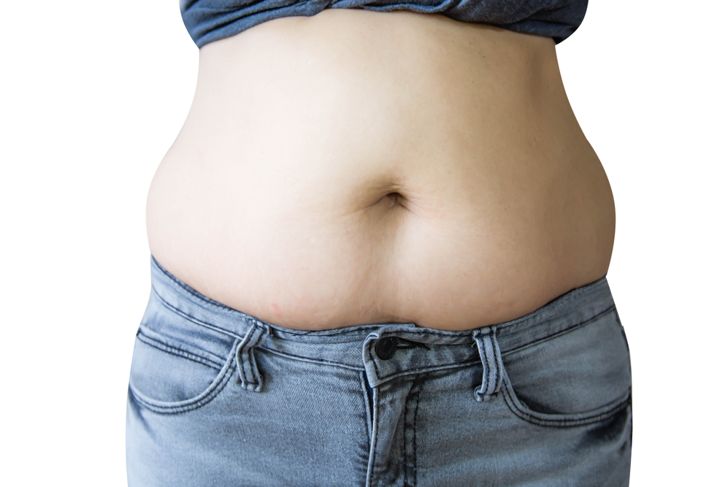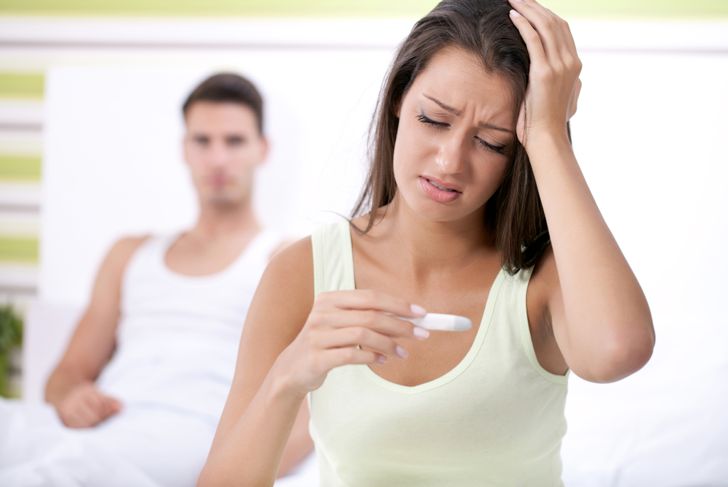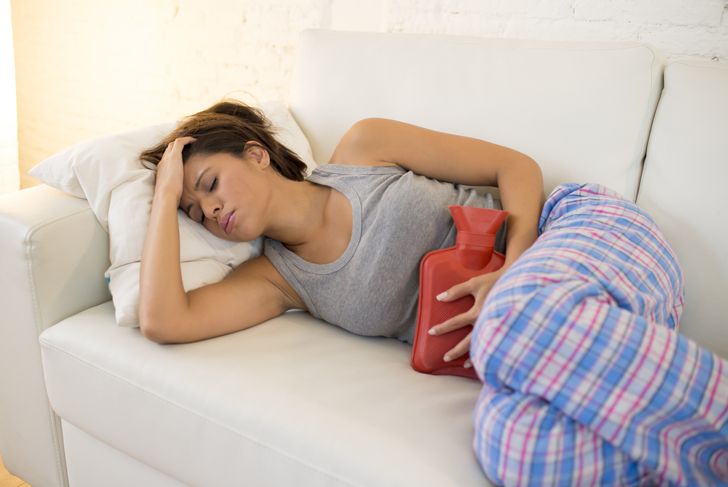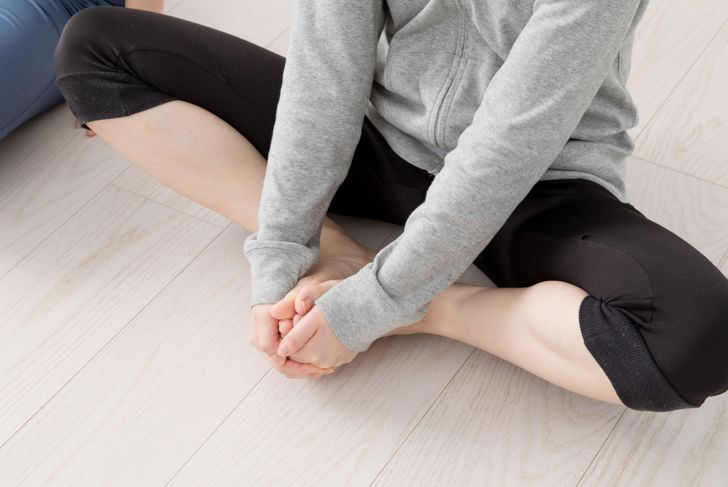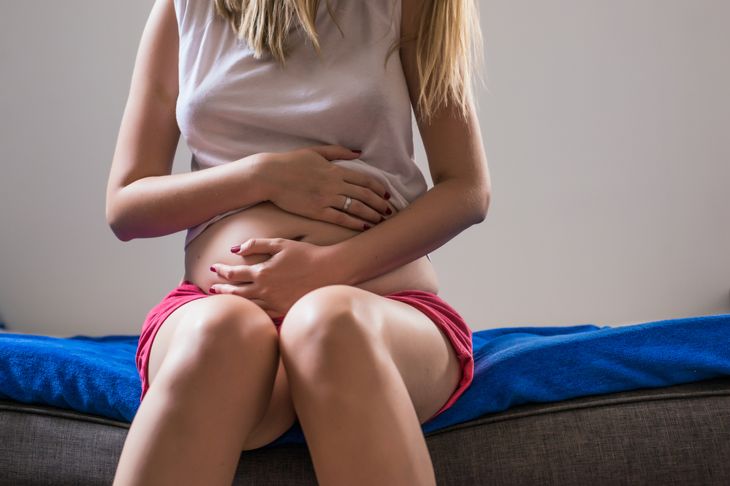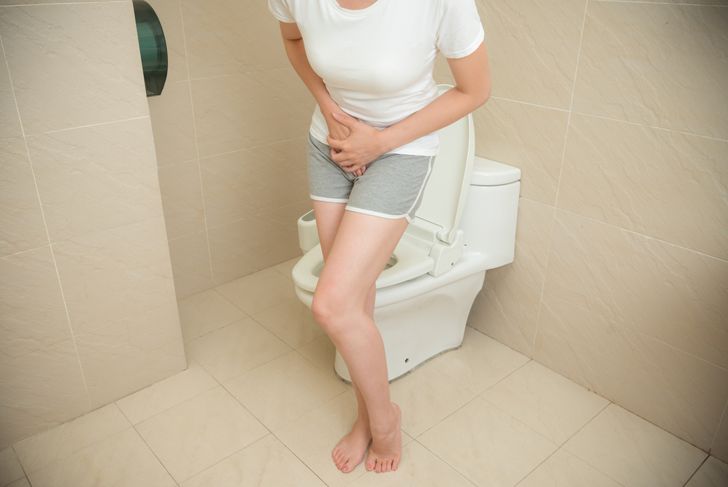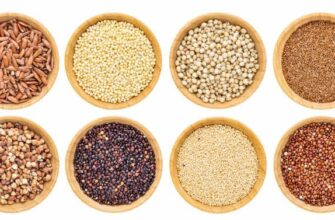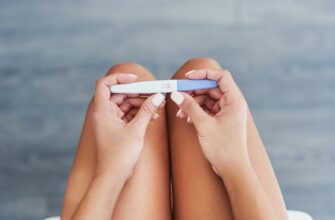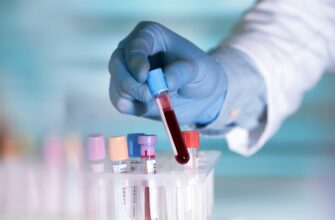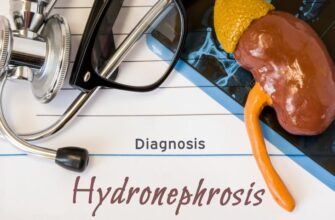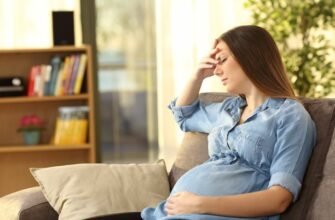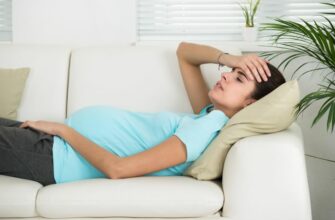Uterine fibroids are the most common form of benign tumor that women face. About 70-80% of women will suffer uterine fibroids until the age of 50, one or more times. They have no relation to cancer whatsoever, but can still present themselves as a nuisance within the female body. Even today, we’re not quite sure why they develop and what can be the prevention of their development. These growths are not always harmless and can either be tiny or weigh several pounds in some extreme cases. The sooner the fibroids are discovered, the easier it is to remove them.
Intense menstrual bleeding
Most women have normal menstrual cycles, with normal amounts of blood pouring out on a monthly basis. That’s why this symptom is so easy to notice. In fact, the majority of women suffering from uterine fibroids find out about their condition after excessive bleeding. Besides the usual liquid blood, uterine fibroids have a characteristic of causing blood clots. You can see these during menstrual bleeding very easily. Any sign of them is a legitimate reason to see your doctor. This severe bleeding can be in the form of more blood or a longer bleeding period.
Bladder pressure
You can feel uterine fibroids on the bladder due to the proximity of the two organs. Small fibroids may cause slight pressure. Larger ones can cause frequent urination or pain in the lower stomach area. In these kinds of situations, it’s important to note that any blood in the bladder is a sign of big fibroids. These cases are rare, but there have been instances where the bladder gets damaged. A rip of those proportions can cause leakage of urine all over the body, which is potentially fatal.
Pressure on the rectum
Uterine fibroids wreak havoc all over the nether region. Rectum pressure is another manifestation of the growth of this benign tissue. Types of rectal pressure can tell you all about the size of the fibroids. Little ones merely apply a small amount of pressure on the large intestine.Bigger ones, however, may block the intestine completely and cause severe constipation. If not noticed early or if not paid attention to, this symptom may permanently damage your digestive tract. It can also lead to a series of surgeries.
A constant feeling of being full and a lack of appetite
If you know your limits and know your stomach, you usually have an awareness of when you’re full. Sometimes you can start feeling full even when you’ve eaten nothing at all. Larger uterine fibroids can push up into your stomach, causing you to feel full sooner because of limited space for digestion.In extreme cases, you may lose weight rapidly due to a lack of hunger or desire to eat. In these types of situations, it’s crucial to know that it’s okay to visit a doctor. It’s better to be safe than sorry, and your doctor won’t mind.
An increase of the waist size
Most of us look at ourselves in the mirror on a daily basis, and any change is easy to spot. That’s why this is the second leading cause of uterine fibroid discovery. Visual changes are evident right away, with some of them seen as an increase in the blood vessel or separated abdominal muscles.If you don’t notice anything from a visual standpoint, clothes can be an excellent sign of uterine fibroids. If your favorite dress feels tighter or no longer fits, you may have a large uterine fibroid that’s causing abdominal expansion. Consult a specialist if you’re completely sure that you haven’t increased your food intake.
A continuous inability to become pregnant
We define medical infertility as a lack of ability to conceive a child after one year of attempting. Now, this is true and valid only if no other infertility factor is present. Those factors are a presence of previous abortions, low male sperm count, and other medical reasons.After you’ve completed all the other tests and are sure that everything is okay, uterine fibroids may be the culprit. You should tell your gynecologist that you suspect that you have fibroids. You will know what to look for immediately, saving you precious time.
Bleeding between periods
This sign is one of the trickier symptoms to correlate to uterine fibrosis, as other factors can cause it. You should be completely sure that there are no other irregularities in your diet or health.To find the primary cause of uterine fibroids, you have to undergo many medical tests. As is the case with every other symptom, the doctor needs to do check-ups to cross other possible conditions off the list. Growths can reach a formidable size because the majority of women are afraid to cause a false alarm.
A pelvic mass discovered during another examination
A discovery during some other check-up is one of the ways to detect uterine fibroids. That’s the advantage of having a medical awareness from an early age.Women who have frequent checkups and take care of their body have a higher possibility of discovering fibroids early. If a doctor discovers them while they’re still small, the patient should act and book surgery quickly. Visiting a doctor is regularly always a good idea.
Irregular menstrual bleeding
In addition to heavier bleeding and bleeding between periods, irregular menstrual bleeding is a known symptom. Uterine fibroids can impact the ovaries and the entire reproductive system of the body. Knowing if you have any previous problems can help the doctor pinpoint the fibroids.Missing a period can be a good indicator that the uterus and the ovaries have something wrong with them. Sometimes, this can happen because of stress, but if it persists, you should suspect uterine fibroids.
Diarrhea
Even though it is uncommon, uterine fibroids can be a factor in causing diarrhea. Not a significant percentage of women experience it, but it depends on stomach sensitivity.The good news is that you can see diarrhea along with other symptoms. It usually appears in some of earlier stages of the condition, giving you a chance to notice the fibroids. If you are aware of your diet and food intake, noticing this shouldn’t be a problem.

 Home
Home Health
Health Diet & Nutrition
Diet & Nutrition Living Well
Living Well More
More